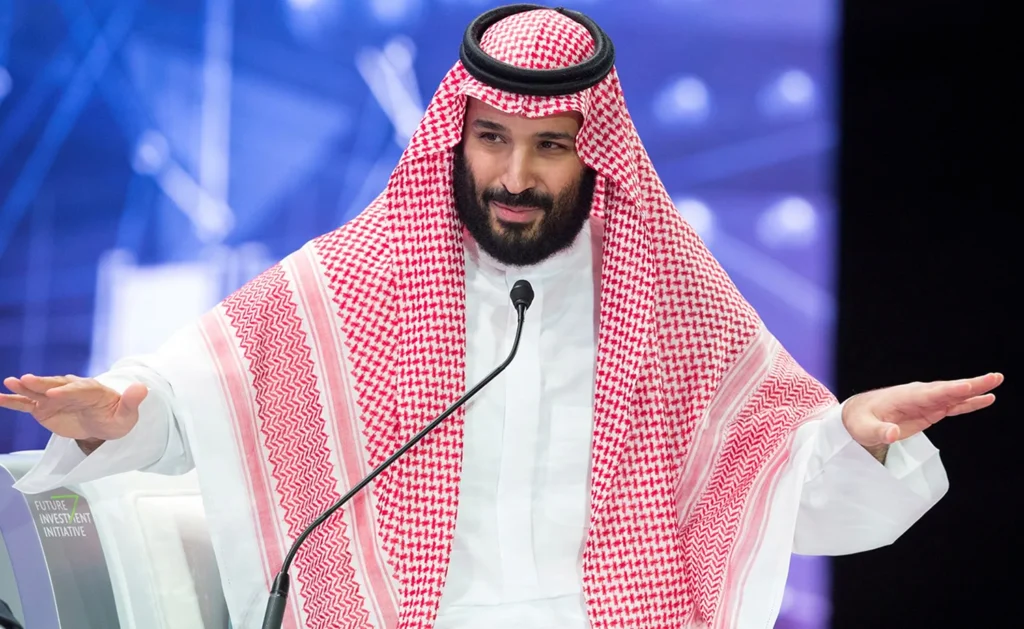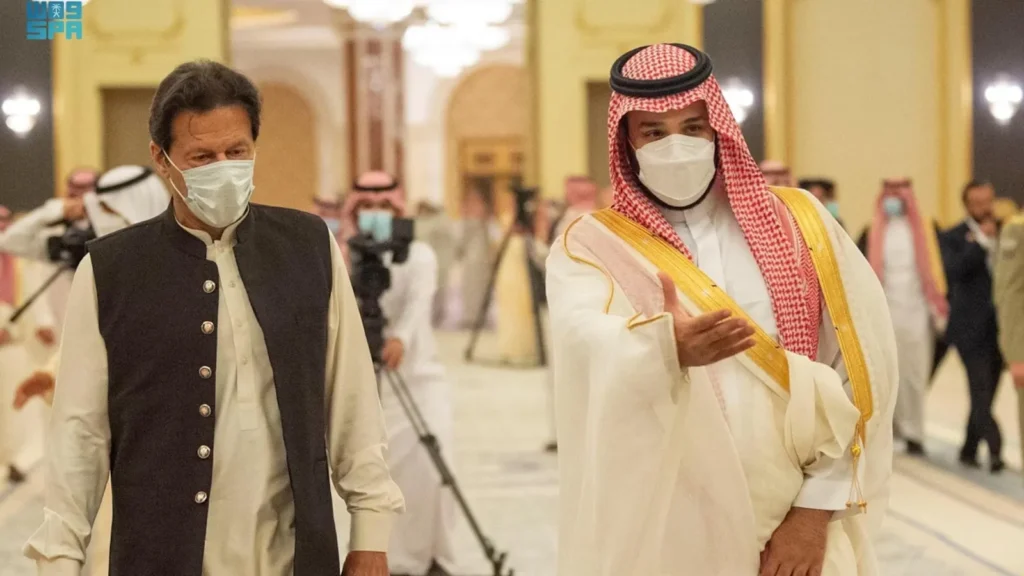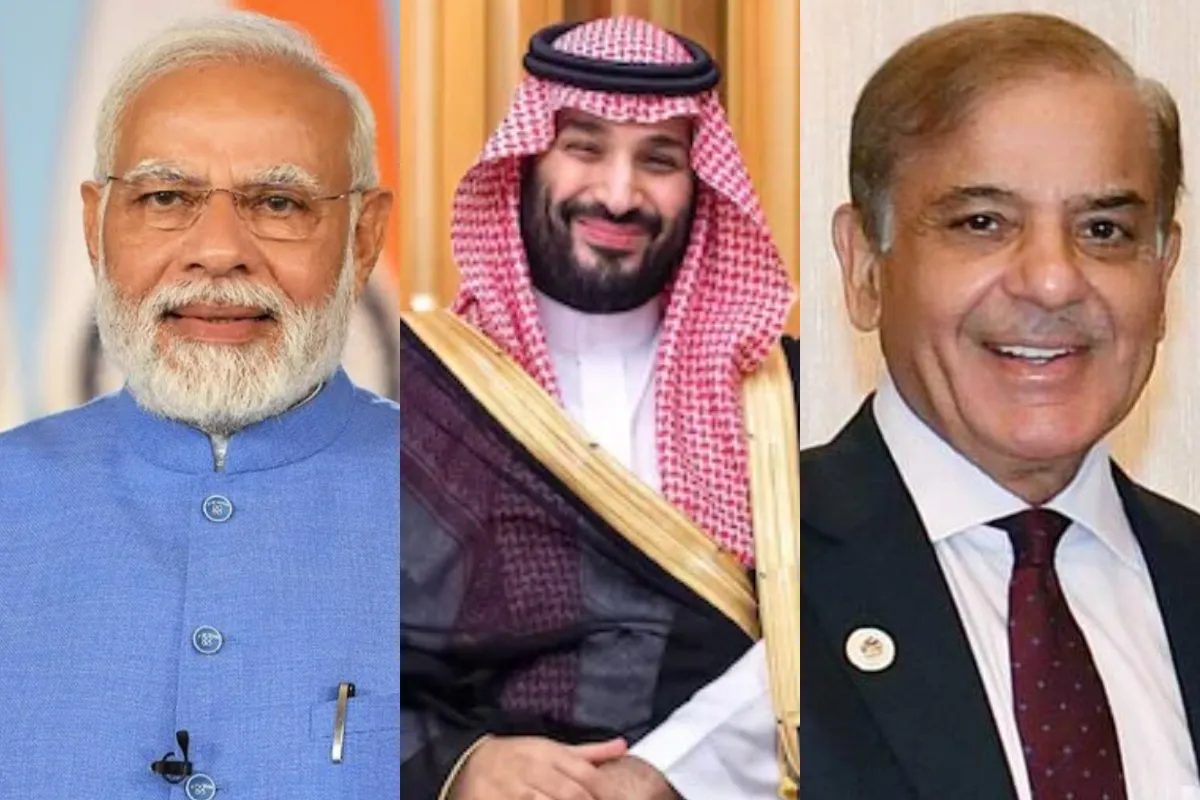Saudi crown prince meets Pakistani premier stresses India Pakistan dialogue. Saudi Crown Prince Mohammed bin Salman said talking was important to solve the increasing problems between Pakistan and India when he met Pakistan’s Prime Minister Shehbaz Sharif in Riyadh.
This was Sharif’s first trip abroad since becoming prime minister after winning the February elections. They met on Sunday.

A joint statement from Pakistan’s foreign office and the Saudi government said both countries emphasized the need for dialogue to resolve their issues, especially regarding Jammu and Kashmir, to bring peace to the region.
Kashmir, a region in the Himalayas, is claimed by both India and Pakistan since they gained independence from Britain in 1947. They have fought two wars over it.
Relations between India and Pakistan, already tense, worsened after a 2019 suicide bombing of an Indian military convoy in Kashmir, which India blamed on militants based in Pakistan. India responded with an airstrike on what it said was a militant base in Pakistan.
Indian Defence Minister Rajnath Singh said on Friday that India would enter Pakistan to kill anyone who escapes over the border after attempting militant activities in India.
Singh’s statement came after a report in Britain’s Guardian newspaper that said the Indian government had killed about 20 people in Pakistan since 2020 as part of a plan to eliminate militants living in other countries.
India has good relations with Arab countries, including Saudi Arabia, which have grown stronger under Prime Minister Narendra Modi, who is expected to win a third term in office in elections starting April 19.

Sharif and bin Salman also talked about speeding up a planned $5 billion investment package, which Pakistan needs to reduce its current account deficit and show the International Monetary Fund that it can meet requirements for foreign financing, as demanded in previous bailout packages.
In January, Pakistan said it had credible evidence linking Indian agents to the killing of two of its citizens on its soil. India denied this, calling it “false and malicious” propaganda.
